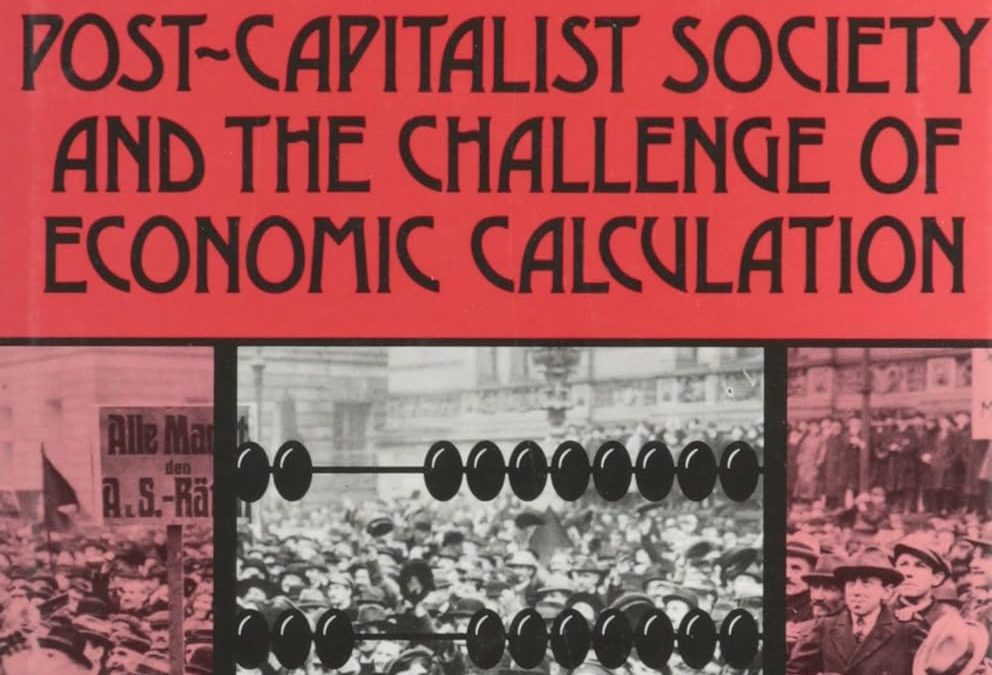The famous line "We have met the enemy and he is us" is from Walt Kelly's comic strip, Pogo. Kelly adapted the line from a U.S. naval commandant who, during the War of 1812 against Great Britain, reported to his superior, “We have met the enemy and they are ours.”...











